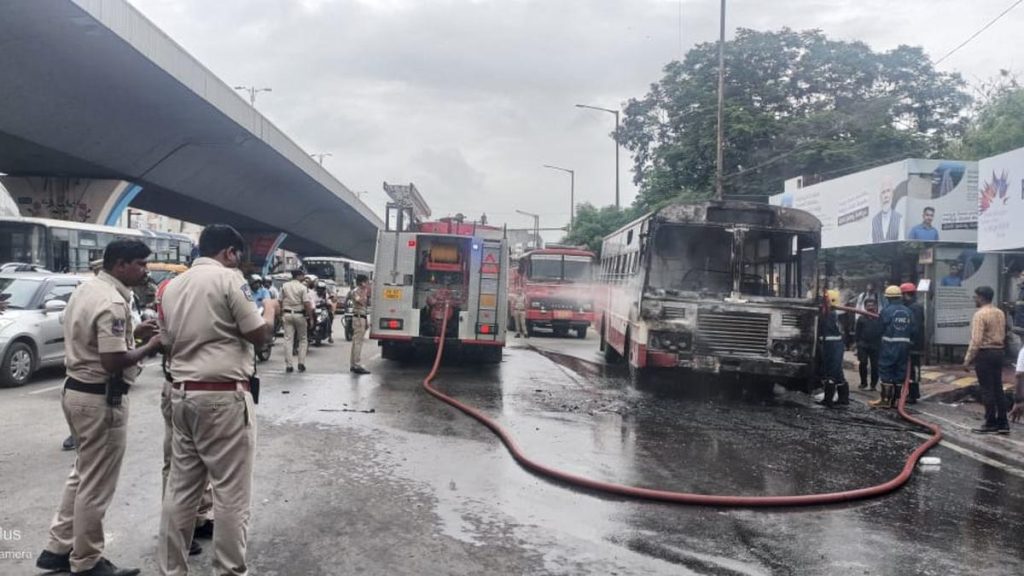Now Reading: Revenue Minister Warns Tahsildars: Resolve Cases in 90 Days or Face Action
-
01
Revenue Minister Warns Tahsildars: Resolve Cases in 90 Days or Face Action
Revenue Minister Warns Tahsildars: Resolve Cases in 90 Days or Face Action

Rapid Summary
- Revenue Minister Krishna Byre Gowda warned tahsildars to resolve cases within 90 days or face disciplinary action.
- Average case resolution time has improved from 212 days to 82 days over the past two years but has recently slowed.
- Criticism was directed at inefficiency in handling “podi work,” concerning land grants to poor farmers, which is lagging in most districts except Dakshina Kannada and Tumakuru.
- The digitisation of Karnataka’s land records, involving scanning approximately 100 crore pages, is behind schedule; only 37.6 crore pages have been scanned so far. Some offices are processing fewer than the target of 6,000 pages per day despite adequate government resources.
- About 52 lakh land holdings remain listed under deceased farmers, affecting benefits like PM Kisan subsidies and other schemes due to incomplete “pouti khatha” procedures for heirs.
- Officials were tasked with completing the digitisation process by the end of the year.
Indian Opinion Analysis
The directive by Revenue Minister Krishna Byre Gowda highlights persistent bottlenecks in administrative efficiency within Karnataka’s revenue departments. While improvements in case disposition rates signify progress, concerns about delays reflect uneven implementation across regions and offices. The push for swift podi work underscores its importance for poor farmers awaiting formalized access to land granted decades ago-a vital step toward rural economic stability.
The slow pace of digitising land records demonstrates systemic challenges that could impact openness and reduce bureaucratic backlog upon completion. Moreover, unresolved issues such as deceased farmer-owned lands hinder broader policy initiatives like PM Kisan subsidies and drip irrigation benefits for deserving heirs-affecting welfare outcomes substantially.
Karnataka’s adherence to deadlines against these priorities will be crucial not only to administrative reforms but also improving farmer-centric policies aimed at enhancing livelihoods in rural India.
























